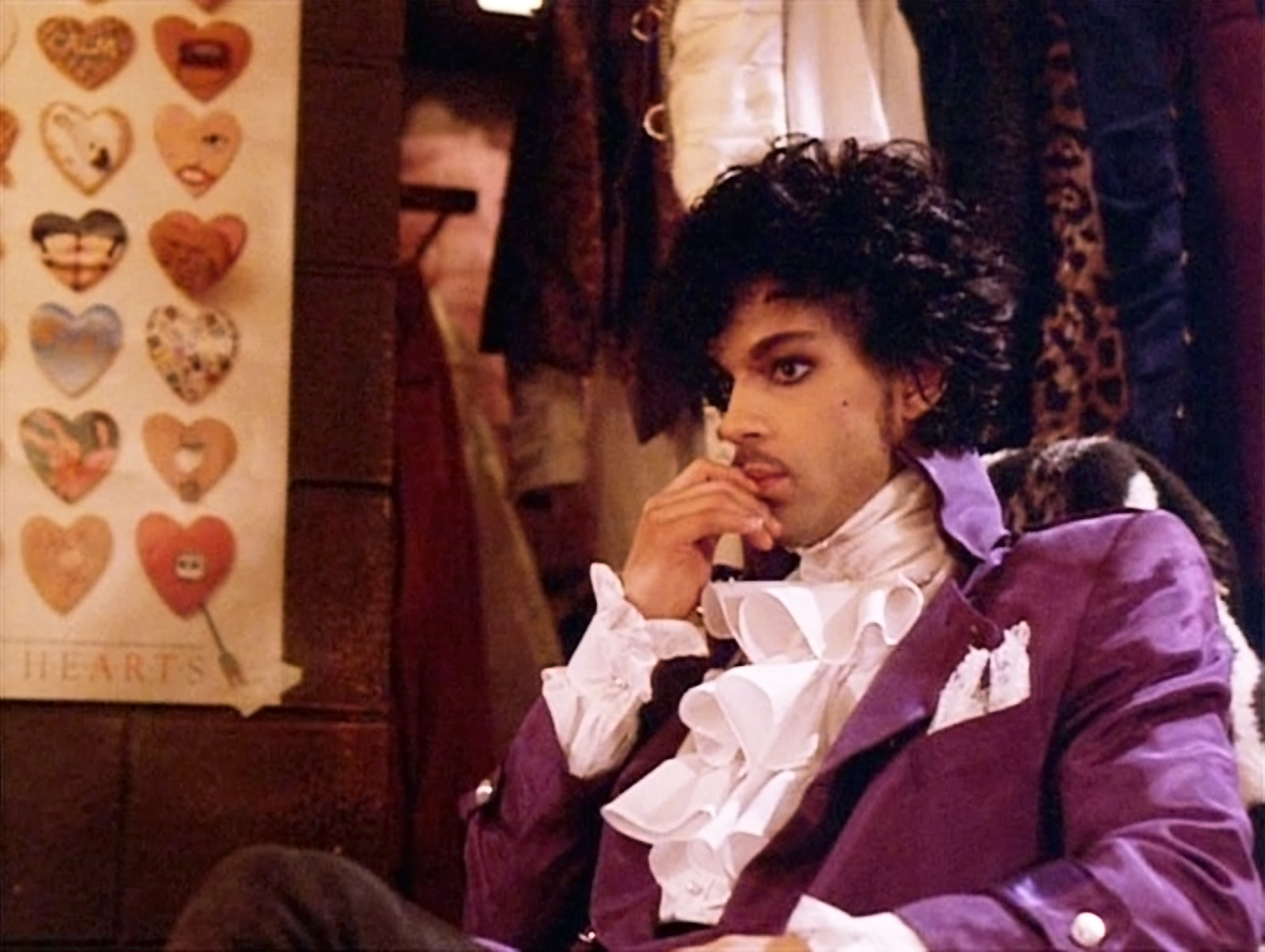Deep into a conversation, I asked my cousin, “Name the sexiest pop star you can think of.” She paused, then said, “Why, Jennifer Lopez, Miley Cyrus, Nicki Minaj.” I then asked, “Name me a sexy male artist.” She paused even longer. “Well, um, Justin Timberlake, I guess.” Sigh. I guess indicated the lack of assertion and confidence from her on her part. Justin Timberlake is talented, just not inherently sexual. Charming, yeah, just not—you get it. As cornball as the last few sentences were coming from your humble writer, what I’m trying to convey is that, it’s difficult to hone in on an overtly erotic male entertainer, past or present.
I’ve asked the above question to friends and family, trying to gauge how male sexuality by entertainment standards is a lot less perceptible to viewers and listeners of all genders and sexual orientations. We are, after all, far more inundated with messages of female sexuality, with images of women’s exposed bodies prancing and capering on stage. But what is far more interesting from a sociological perspective is examining the sex-quotient in a male artist, which is far more latent and subdued than that of female artists—and this, folks is where cultural complacency metastasizes. For the last half-century, male artists have had the luxury to simply be—to wear whatever they want, to do whatever they want—and be rewarded the unearned cachet of “sexy.” Meanwhile, women have had to bare their bodies, jumping through hoop after ever-changing hoop, for the title.
To me, one male artist did try to do away with preconceived forms of conservative male sexual expression (or oppression, perhaps), and that artist is Prince. The most powerful vehicle for his feverish sexuality is Purple Rain, the 1984 American film starring Prince himself. In the role of “The Kid,” Prince showcases his acting abilities, and more importantly, his stage performances, which are infused with Pan-like overtures of sex and taboos.
The film starts off with a jaded Kid, musically gifted but aloof, and unable to cooperate or appreciate the contributions of his band known as The Revolution. That detachment aids him in the romance department when an aspiring singer, Apollonia, arrives in Minneapolis, where the film is set. I can’t tell whether the screenplay had Prince play Kid aloof and laconic, or whether Prince’s acting abilities are limited, but either way, it works—it makes the shy Kid seem contemplative and his motives more shrouded in mystery. What ensues is a drama between The Kid and Apollonia, as The Kid replays the elements of violence and abuse of his parent’s relationship into their relationship.

But the real cinematic winner comes from Prince’s performances, which are narratives and expositions unto themselves, emphasizing the drama and romance scattered throughout the film. These are the musical performances that elevate Prince into the troubadour of uncharted male sexual prowess as he commandeers the stage with his erotic slinkiness and drive. Yes, the romance scenes depicting the puppy-love moments (like Apollonia riding behind Prince’s motorbike) are tender, but they’re interchangeable from similar scenes in other movies. And yes, despite Prince’s relatively laconic and aloof acting style, there’s something mesmerizing in seeing Prince embrace androgyny and a lack of inhibition as he’s performing his new wave-inspired rock music on stage.
The best scene to showcase Prince’s transgressive behavior occurs when Prince is jealous that Apollonia is collaborating with his rival, Morris Day, who is assisting in advancing her career by forming an all-girl group. Prince sees their romantic relationship in trouble, so in order to spite her, Prince engineers a performance guaranteed to embarrass her. Playing at Minneapolis’s First Avenue nightclub, with Apollonia in attendance, Prince unleashes a raunchy mid-tempo piece called “Nikki Darling”:
I knew a girl named Nikki
I guess you could say she was a sex fiend
I met her in a hotel lobby
Masturbating with a magazine
She said how'd you like to waste some time
And I could not resist when I saw little Nikki grind
Yes, Prince uses shaming language to suggest that Apollonia is the “sex fiend” in the song, thus embarrassing her and her behavior in front of an audience. She does get embarrassed and ashamed, running out of the club at Prince’s inexcusable action. But Prince’s own dysfunction and sexual frustration come to the forefront when he directs his sexual energy, his libido, into dry-humping the stage and amps—with his shirt off and wearing a blindfold made of lace, and yelping for dear life—imitating the imaginary sexual escapades with Nikki.
As a Prince fan, I appreciate how subversive Prince is for using his corporeality to signify just how feverish his sexual nature is. Purple Rain is his best cinematic depiction of his raunchiness. I can pinpoint other moments of erotic-brilliance in Prince’s career—the background moaning of “Lady Cab Driver,” the spine-chilling falsetto of “Kiss,” or the 1991 MTV Music Awards performance of “Do It,” where Prince cavorts in a pair of pants with his buttocks exposed. But Purple Rain’s box office success catapulted Prince into the stratosphere, and everyone who saw the film surely had their definition of male sexuality exposed—and gleefully corrupted—by this gender-bending, genre-defying, and sexually manic demigod. Thank you, Prince, for tearing down the conservative shackles of what a male pop star can accomplish.